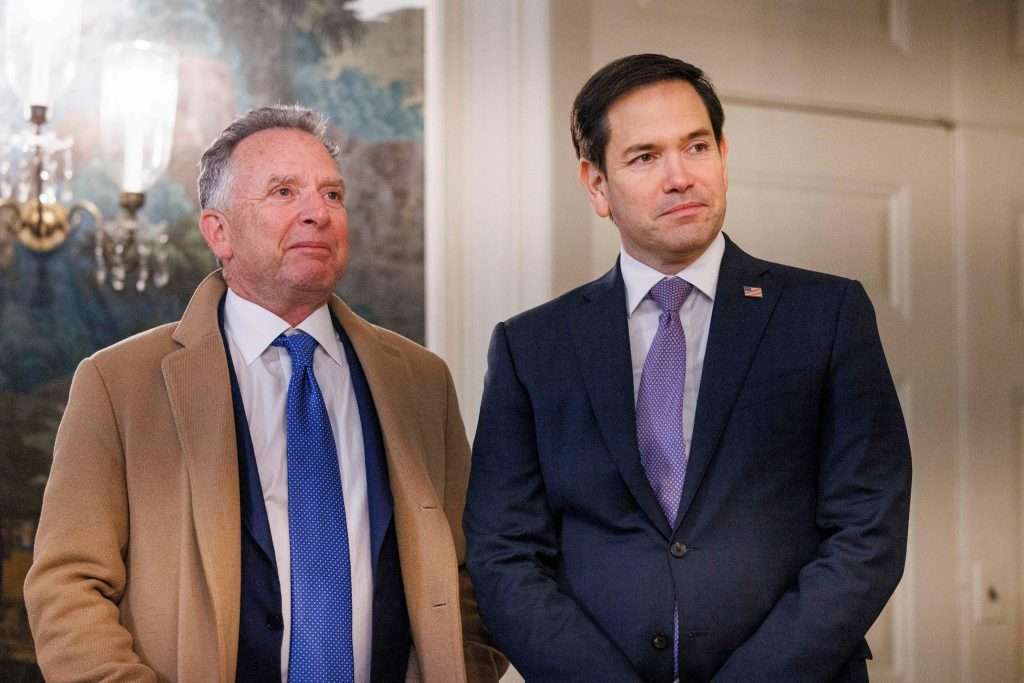White House distances itself from Israel’s attack on Iran

The White House emphasised that the United States was not involved in Israel’s attack on Iran and underscored the need to protect American personnel stationed across the region, The Washington Post reported on June 13th.
Israeli Prime Minister Benjamin Netanyahu confirmed the strikes in a video statement, saying Israeli jets had targeted facilities linked to Iran’s uranium enrichment and ballistic missile programmes, as well as key figures involved in the country’s nuclear development.
In Washington, Secretary of State Marco Rubio described the attack as “unilateral” and reiterated that the US had not participated.
“President Trump and the administration have taken all necessary steps to protect our forces and remain in close contact with our regional partners,” he said, warning Iran against retaliation.
The Trump administration has been pursuing negotiations with Iran, which are aimed at limiting its nuclear enrichment in exchange for partial sanctions relief.
The Israeli strikes appear to mark a turning point. While Israeli and American intelligence agencies share data on Iran’s nuclear activities, US officials say they have not altered their long-standing assessment that Tehran has not taken concrete steps to develop a nuclear weapon. Israeli officials, citing separate intelligence, argue the threat is more immediate.
Pentagon officials have warned that a broad Israeli offensive could provoke a significant Iranian response, potentially dragging the US into a regional conflict. Some of Iran’s nuclear infrastructure is buried deep underground, and military experts have said that without US support, particularly refueling and deep-penetrating munitions, Israel’s capacity to disable these facilities remains limited.
Tehran has indicated that US forces could be targeted in any counterstrike. On June 11th, Iranian Defense Minister Brig. Gen. Aziz Nasirzadeh warned that “all [US] bases are within our range and we will target all of them in the host countries regardless.”
In response, the US has begun reducing its regional footprint, cutting their embassy presence in Iraq and evacuating military family members across the Middle East.
“Trump smartly ran against starting new wars. This is what the swing states voted for,” conservative commentator Jack Posobiec posted on social media.
Meanwhile, figures close to Trump have reportedly encouraged the backing of Israeli military action, concerned that Iran’s missile capabilities may exceed their defense system’s capacity and result in heavy casualties.
President Trump is set to convene his National Security Council to assess the situation and weigh in on next steps.
The Washington Post
Want to chase the pulse of North Africa?
Subscribe to receive our FREE weekly PDF magazine












